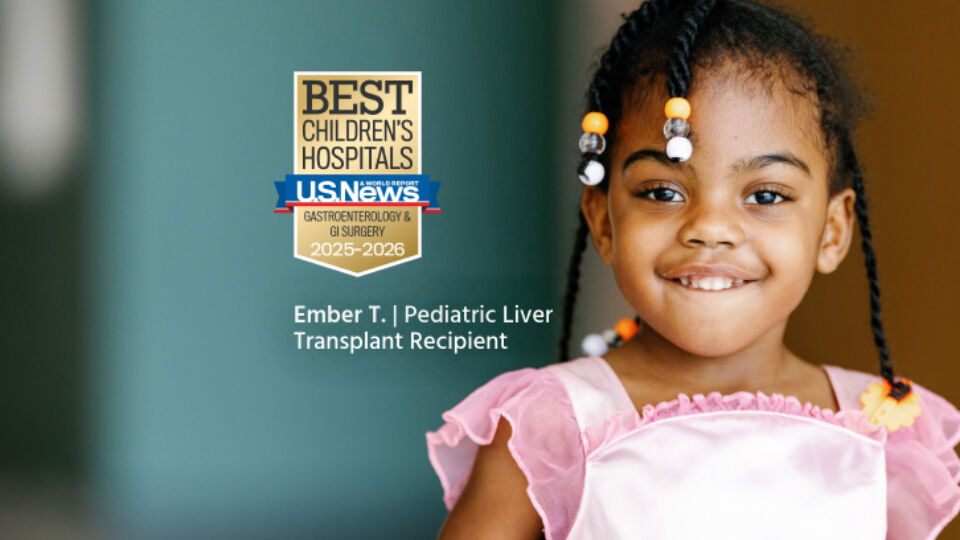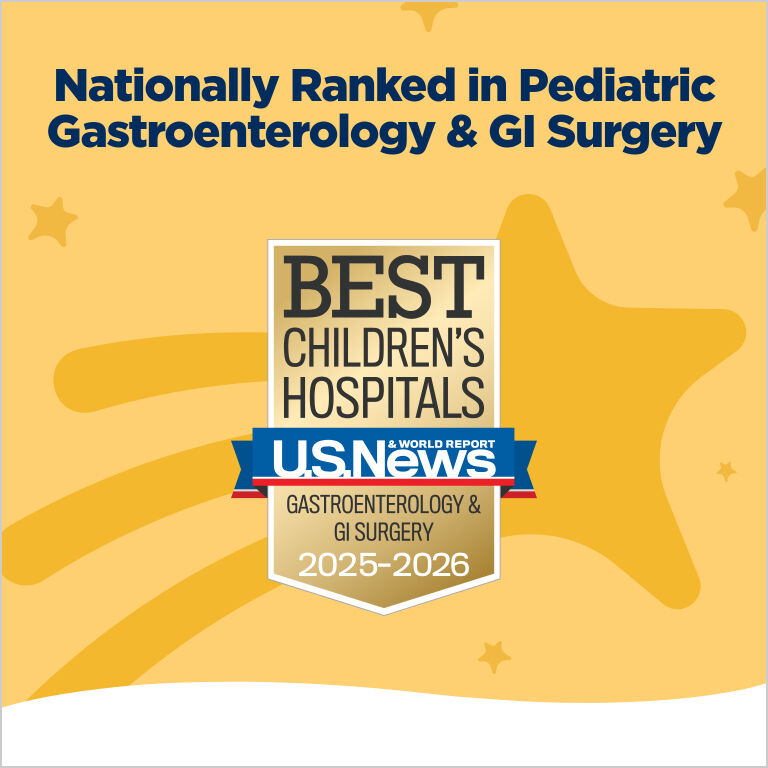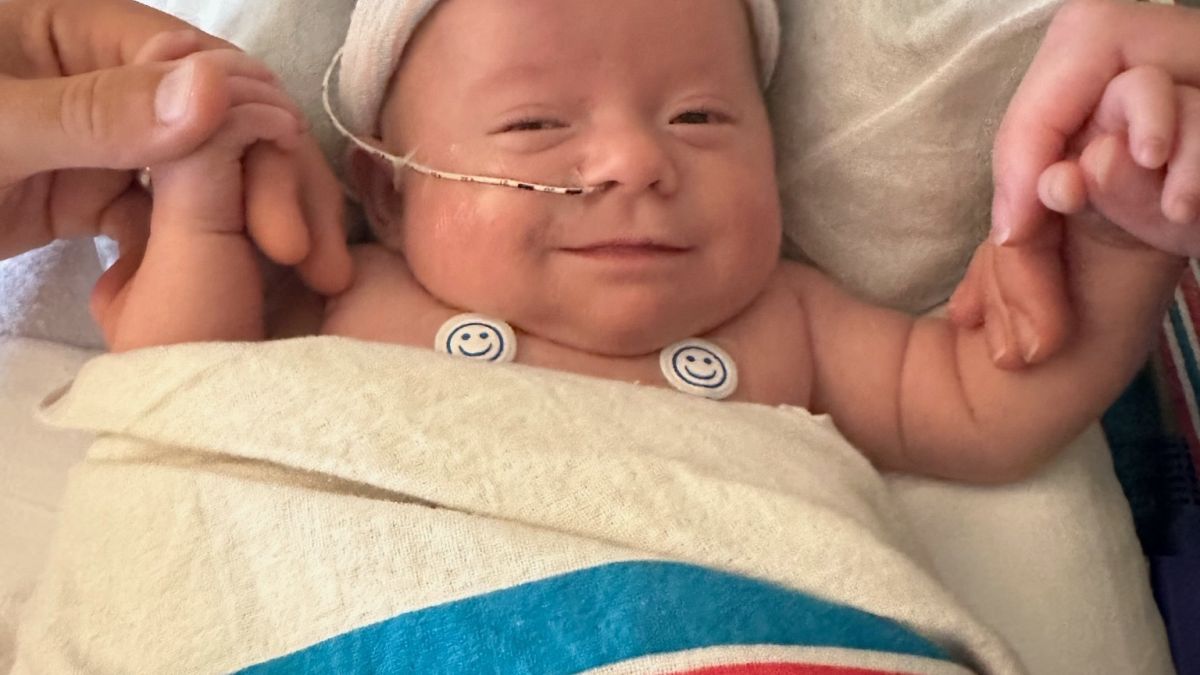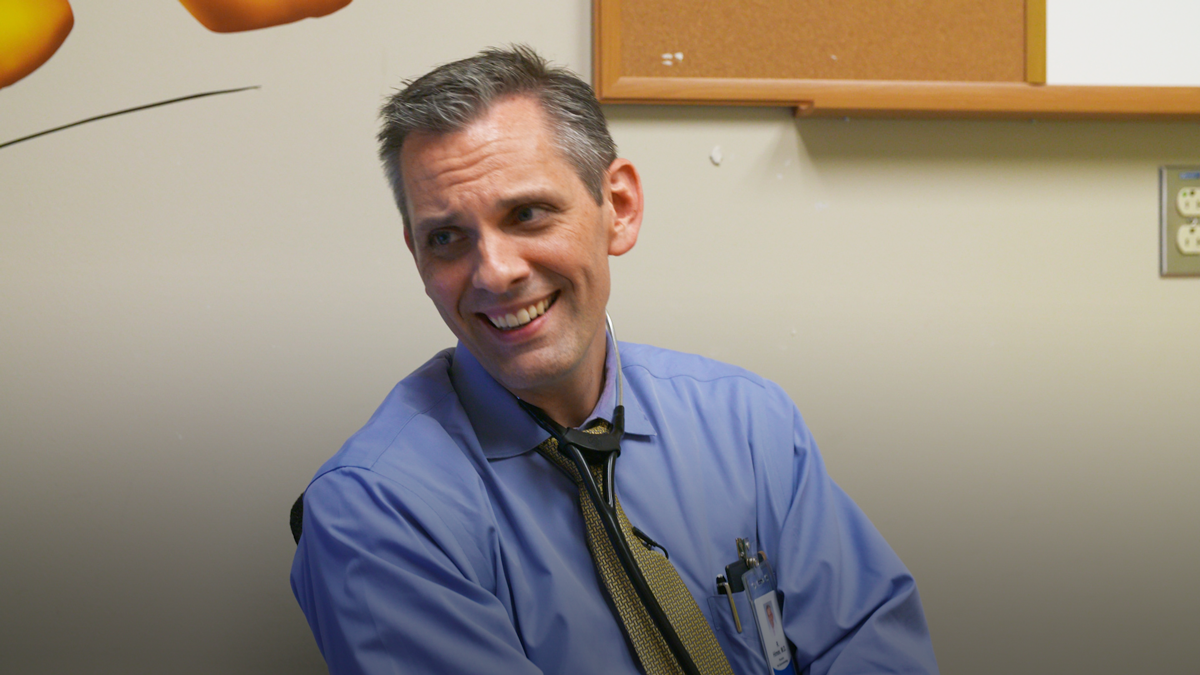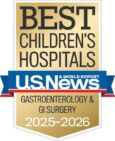Why choose Ochsner Health for your pediatric gastroenterology, hepatology and nutrition care?
When your child has issues that affect the digestive system, you want a pediatric gastroenterologist that can provide best care available. You'll find that care from our pediatric GI specialists at Ochsner Children's in New Orleans, Baton Rouge, Slidell, Lafayette, Shreveport and Monroe, Louisiana; Gulfport, Mississippi; and across the Gulf South. U.S. News & World Report ranked Ochsner Children's Hospital in pediatric gastroenterology and GI surgery, as well as the No. 1 hospital for kids in Louisiana for five consecutive years. Our children’s hospital is an Alpha-1 Foundation Clinical Resource Center, and we’re a National Pancreas Foundation Center of Excellence.
Ochsner’s alpha-1 antitrypsin deficiency program is unique in that it brings together pediatric and adult specialists in liver and lung disease, the two organ systems most commonly affected in individuals with this genetic condition. Alpha-1 antitrypsin deficiency is an inherited condition that causes a severe lack of alpha-1 antitrypsin protein in the blood, whose protein’s main function is to work together with cells from the immune system to protect the body’s tissues from being infected or damaged. While our team can provide the full spectrum of medical, surgical and transplant care that may be needed by patients with alpha-1, an equally important part of the work we do is educating patients and families about their condition and the lifestyle changes they can make to prevent complications.
National Pancreas Foundation Centers of Excellence are awarded after a rigorous audit to determine that an institution's focus is on multidisciplinary treatment of pancreatitis, treating the “whole patient” with a focus on the best possible outcomes and an improved quality of life.
An approved National Pancreas Foundation Center meets specific criteria that includes having required expert physician specialties such as gastroenterologists, pancreas surgeons and interventional radiologists, along with more patient-focused programs such as a pain management service, psychosocial support and more.
